New Delhi, June 29, 2024 – In a significant development, the Delhi Chief Minister, Arvind Kejriwal, has been remanded to judicial custody until July 12 in connection with the ongoing Delhi Excise Policy case. This comes as a major blow to the Aam Aadmi Party (AAP) and its leadership, as Kejriwal, a prominent political figure, faces serious allegations related to corruption and misconduct in the implementation of the excise policy.
The ruling was delivered by the Special Judge at the Rouse Avenue Court, following detailed arguments presented by both the prosecution and the defense. The court cited the need for further investigation and the potential for evidence tampering as primary reasons for the remand. The prosecution argued that Kejriwal’s influential position could hinder the ongoing probe if he remained out of custody.
Background of the Case
The Delhi Excise Policy case has been under scrutiny since last year, with allegations surfacing about irregularities and corruption in the formulation and execution of the policy. The policy, which was aimed at restructuring the liquor trade in the capital, has been accused of favoring certain private entities, leading to significant revenue losses for the state exchequer. Several high-ranking officials and politicians have been questioned in relation to the case.
Kejriwal’s Defense and Political Reactions
Kejriwal, who appeared before the court amid tight security, has vehemently denied all allegations. In a statement issued before his arrest, he termed the charges as politically motivated and a direct attack on the AAP’s governance model. “This is a clear attempt to malign my image and disrupt the developmental work in Delhi,” he asserted.
The AAP leadership, including senior ministers and party members, have rallied in support of Kejriwal, calling the judicial action a ‘conspiracy’ by rival political parties. “This is an attempt to silence the voice of honest politics and development. We stand firmly behind our leader,” stated Deputy Chief Minister Manish Sisodia.
Implications for Delhi and National Politics
Kejriwal’s judicial custody is likely to have far-reaching implications for both Delhi and national politics. As a key leader of the AAP, his absence from active governance and political campaigning could impact the party’s strategies and initiatives, especially with upcoming elections in several states.
Political analysts suggest that this development could polarize the electorate further, with Kejriwal’s supporters viewing it as a vendetta by the opposition, while detractors see it as a necessary step towards accountability and transparency in governance.
Next Steps and Legal Proceedings
The court has scheduled the next hearing for July 12, where further arguments will be heard, and the investigation’s progress will be reviewed. Meanwhile, the Delhi government is expected to function under the interim leadership of senior AAP ministers.
As the investigation unfolds, all eyes will be on the legal proceedings and their impact on the political landscape. The Delhi Excise Policy case, already a subject of intense public and media scrutiny, is set to be a defining moment in Delhi’s political narrative.
Conclusion
Arvind Kejriwal’s judicial custody marks a critical juncture in the Delhi Excise Policy case, underscoring the complexities and challenges in tackling corruption within political frameworks. As the situation evolves, the Sarhind Times will continue to provide comprehensive coverage and updates on this developing story.

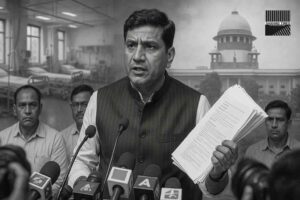






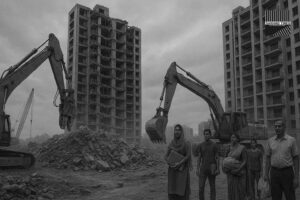



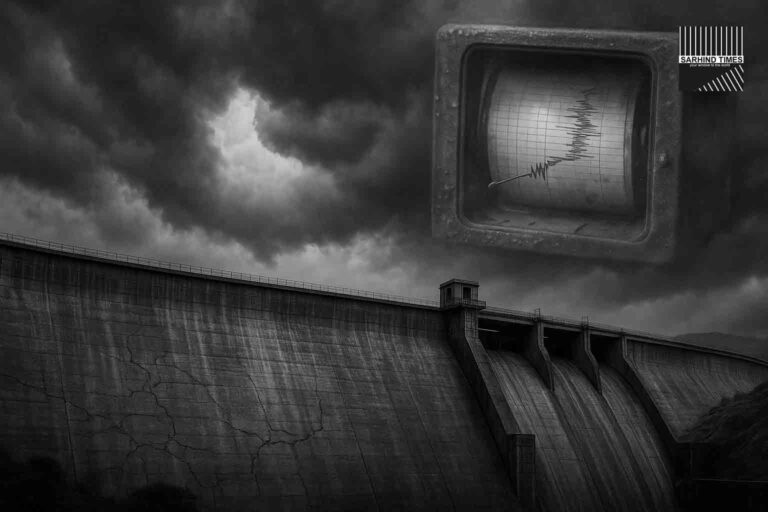
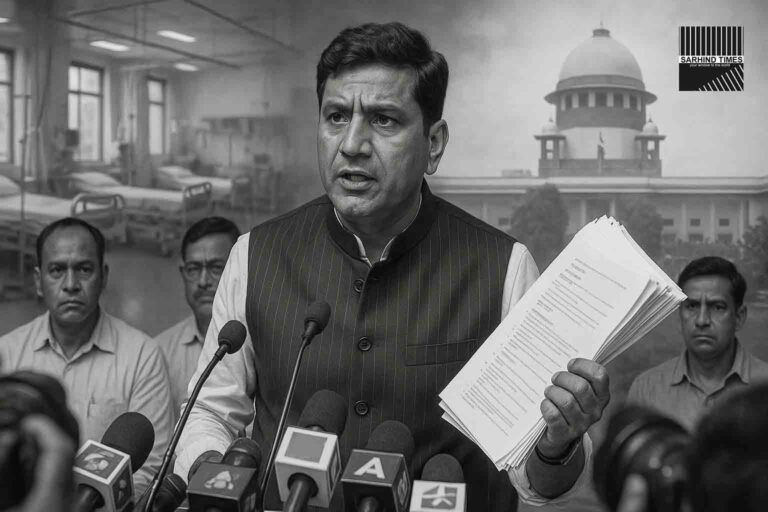

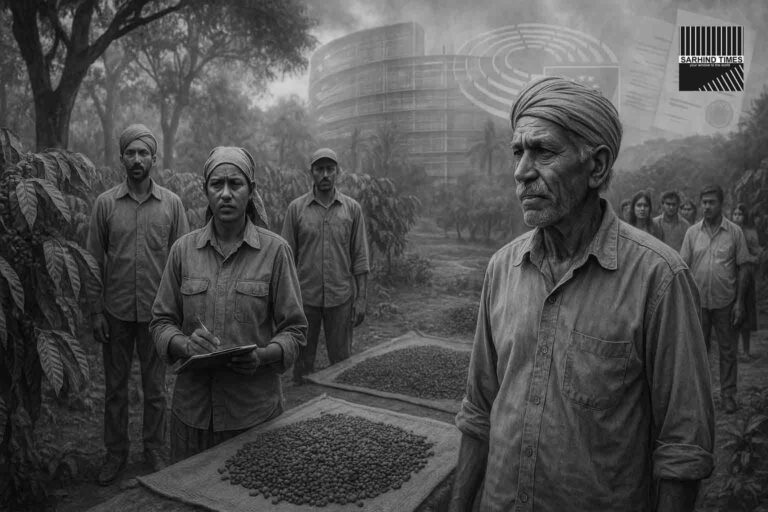


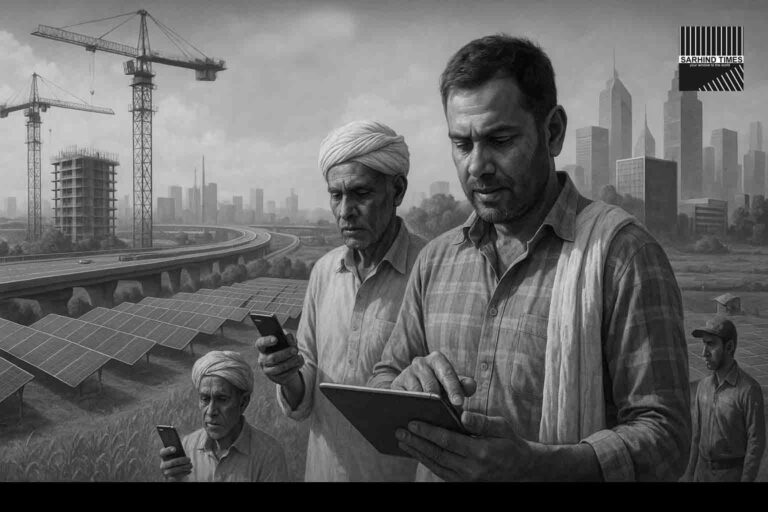
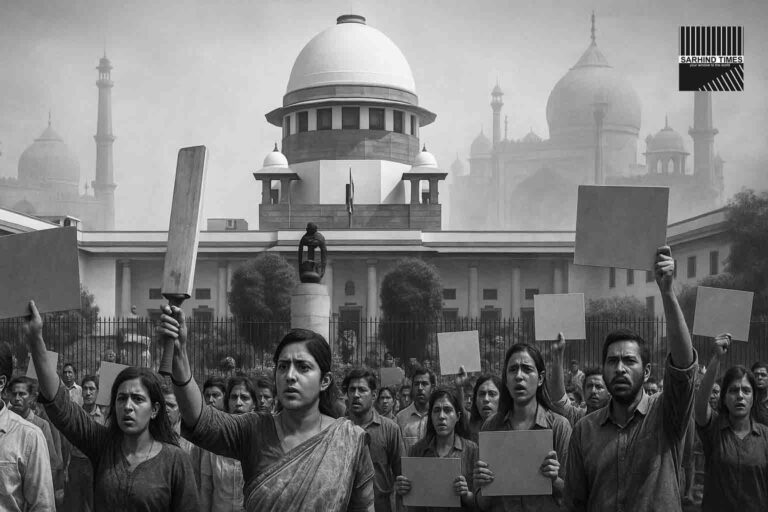
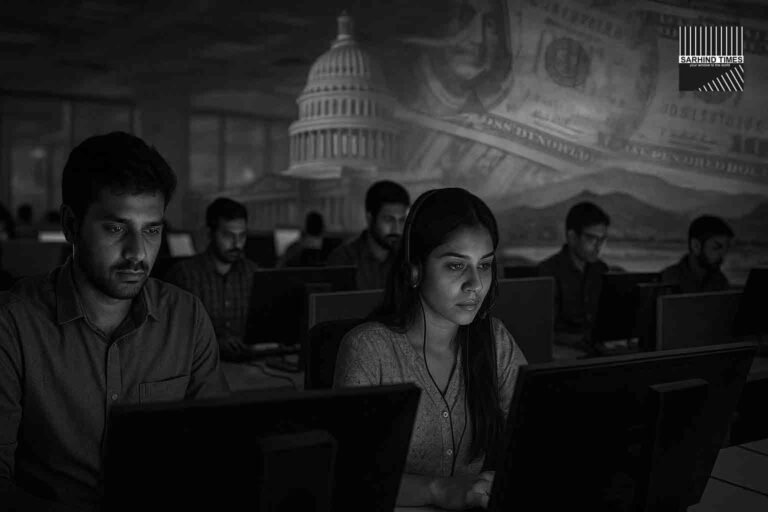

+ There are no comments
Add yours